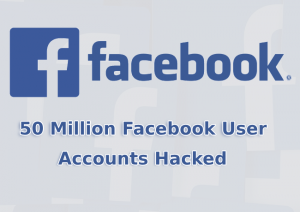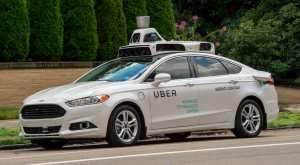 A Legal Guide to Holiday Parties
A Legal Guide to Holiday Parties
Alas, the holiday season is upon us! It’s time to celebrate the successes of the prior year with a festive holiday party, where employees can let off steam, socialize and spread cheer. So, who should you contact first? A caterer… or a DJ… or your friendly Chicago business lawyer? Although it may not sound like the most fun way to kick off celebrations, calling your company’s lawyer to discuss legal guidelines and potential liability pitfalls may be a good idea. We don’t mean to be scrooge and kill the fun, but times have changed.
To ensure that your holiday party is memorable for the right reasons, this guide may help understand some concerns are and how to avoid potentially troublesome situations.









